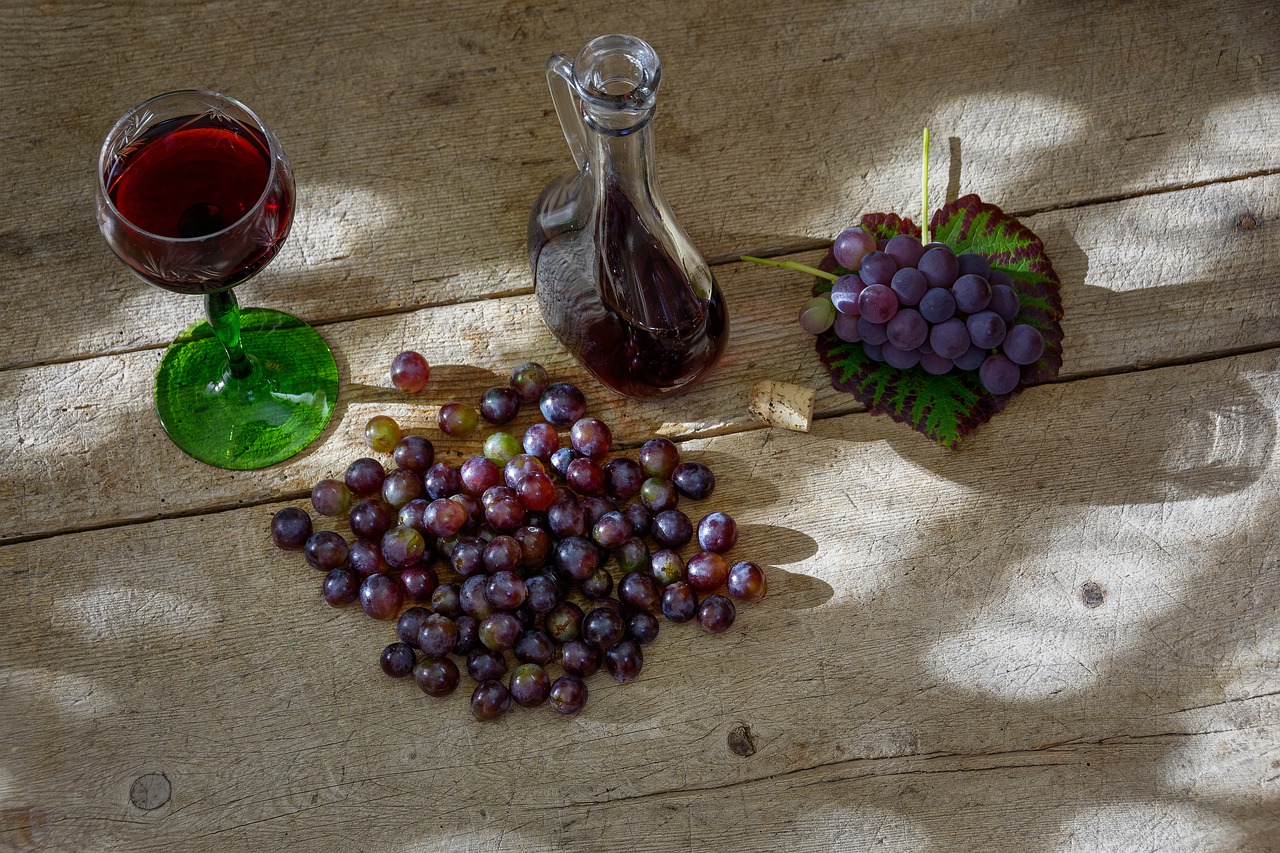Many consumers would love to buy the most environmentally-friendly product they can find, but sometimes it’s difficult to tell what really has the lowest impact on the planet. Since the FDA doesn’t regulate what wineries put on wine labels, it can be confusing to decipher the varied terminology that eco-friendly wineries may use. Organic, sustainable, biodynamic, and natural are some of the most commonly seen terms, but what do they actually mean? This guide will help you determine the best wine to meet your needs while going easy on the earth!
Wine’s Impact on the Environment
While we don’t often hear about the environmental effects of wine, some practices by vineyards and wineries have a significant environmental impact. For example, while vineyards in France amount for only 3% of the land used for agriculture, they use a tremendous 20% of the pesticides. Since most traditional vineyards function as monocultures, they can require the extensive use of pesticide and fungicide. CO2 is also emitted by the alcohol fermentation itself. Sustainable vineyards and wineries make different choices on how to farm and produce wine that ultimately have a smaller environmental impact.
Sustainable, Organic, Natural, or Biodynamic?
Even the most committed environmentalist can stumble when confronted with the many different possible eco-friendly wines. Sustainable, organic, natural, and biodynamic wines are all produced with different specific processes but with significant overlap. In general, wine-making practices that are better for the environment take measures to save water and energy and avoid the use of chemical pesticides and fungicides. All of these terms indicate that the winemakers are working to protect the land and the health of their communities, though they may have different techniques for doing this.
The Goal of Sustainable Wineries
“Sustainable” is often an umbrella-term for environmentally-conscious winemaking practices. The most important principle for sustainable winemaking is to reduce greenhouse gas emissions, waste, and water- and energy-usage. The specific ways of going about this, though, are left to the farmers and winemakers. How to be sustainable depends on your local environment and community, and individual farmers and winemakers are in the best position to make those decisions for their operation.
What Is Organic Wine?
Organic vineyards and wineries follow the same requirements for other food products that receive the USDA Certified Organic label. This means they don’t use synthetic pesticides, insecticides, or fertilizers in the vineyard. In order for wine to be organic, the winemaking process also has to be organic. Wineries cannot use sulfites in the winemaking process, which are usually used to help preserve the wine and destroy bacteria. Organic wineries also must use only certified organic yeast. If the farming process was organic but not the winemaking process, you may see a label that says “made with organic grapes.”
What Is Natural Wine?
Natural wine is, simply put, wine in its purest form possible. This means that it has as few chemicals and additives as possible – without added stabilizers, colors, and sugars like most wines. Many vineyards growing grapes for natural wines follow similar standards to organic vineyards by not using chemicals. Natural wine producers try to avoid technological processes, adopting traditional winemaking techniques instead. As a result, natural wines have a distinctive cloudy appearance and unique flavor compared to conventional wines.
What Is Biodynamic Wine?
Biodynamic farming extends beyond the requirements to be certified organic, though there is no formal certification for biodynamic farming. Biodynamic agriculture was founded by Rudolf Steiner, and it takes into account the entire local ecosystem when planning agriculture. Like organic farming, biodynamic farming does not use synthetic pesticides, insecticides, or fertilizers. But biodynamic goes beyond this by also requiring measures to increase biodiversity, such as by keeping honeybees or growing vegetables. Biodynamic practices are meant to help sequester carbon which can reverse climate change. There are also sometimes spiritual components to Steiner’s approach, but not all biodynamic farmers practice these.
Tips for Shopping for Eco-Friendly Wine
If you’re still not sure how to navigate the wine aisle to find the best wine for your table and for the planet, consider these tips:
- Certifications can help steer you toward vineyards and wineries with sustainable practices, but they aren’t a definitive guide. Many small vineyards and wineries use organic practices but don’t want to pay the high certification fees.
- Sometimes the most environmentally-friendly choice is shopping local! This has a significant impact on the carbon footprint of transportation.
- Look out for greenwashing. Sometimes wines will claim to be “natural” as the term isn’t regulated. Do your research to see what the growing and winemaking practices really are.
